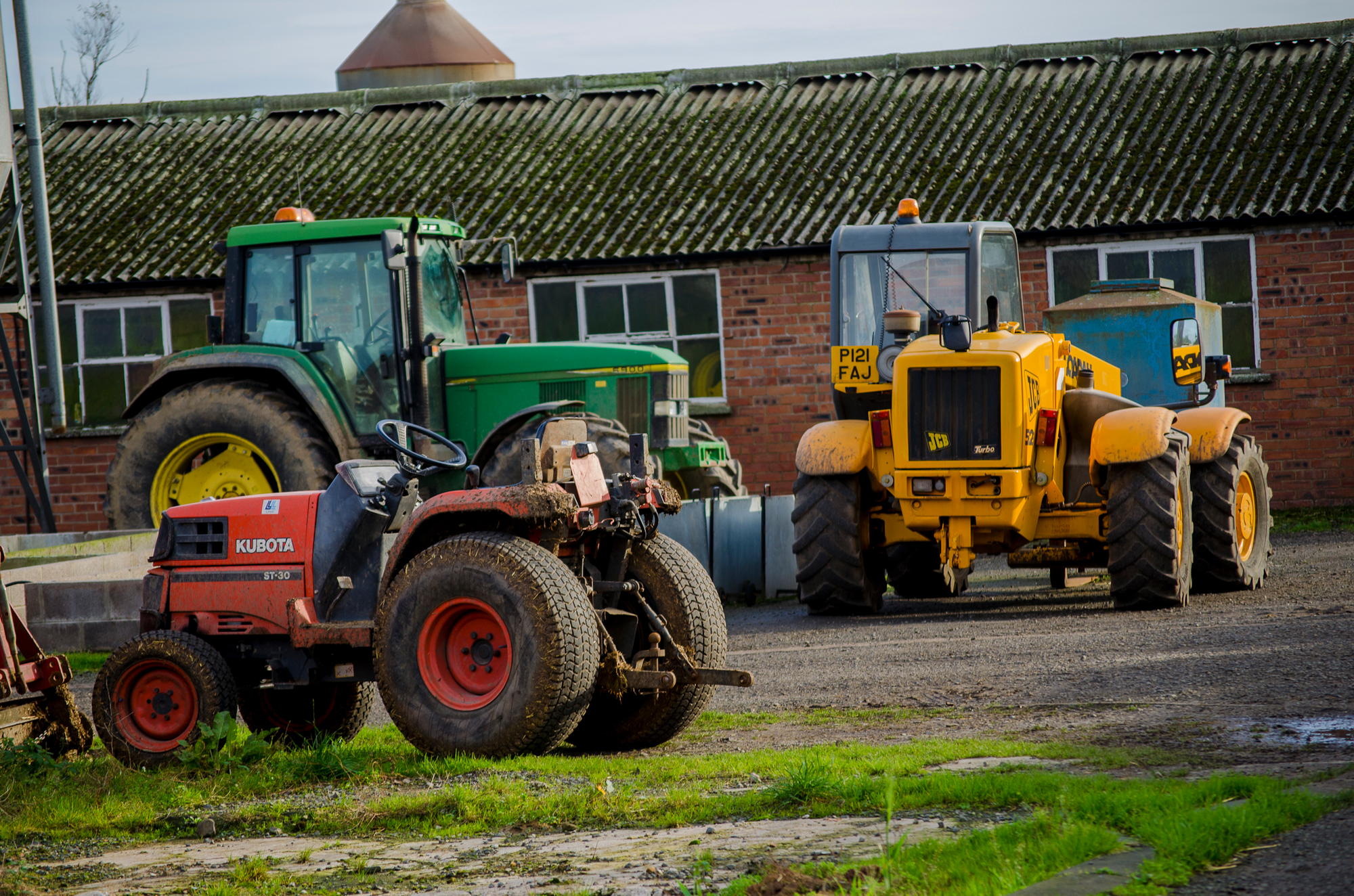Veganuary is a global movement that encourages people to commit to a vegan diet for 31 days in January. Started in 2014 by the UK charity Veganuary, people from over 228 countries have participated in the challenge over the last ten years, and over three-quarters of people in the UK have heard of Veganuary.
This blog explores the environmental benefits of a vegan diet and shares some helpful resources, recipes, and our favourite local vegan spots to try!
Environmental Benefits of a Vegan Diet
Cutting down our intake of animal products is crucial for reducing the environmental impact of the agricultural industry (Viroli et al, 2023). Researchers at the University of Oxford found that moving from current diets to a diet that excludes animal products would deliver a 28% reduction in global greenhouse gas emissions (Poore and Nemecek, 2018).
“Converting grass into (meat) is like converting coal to energy. It comes with an immense cost in emissions.” –Joseph Poore
Agriculture uses nearly 40% of land, 70% of freshwater and is responsible for up to 30% of global greenhouse gas emissions (Willett, 2019). Moreover, land conversion for food production is the largest driver of global biodiversity loss (ibid). Dairy and meat products have an especially high environmental impact in comparison to other food groups. This because the process of raising animals is overall much more carbon intensive than harvesting plants. Animal-based food production involves clearing forests for animal pasture, making millions of tons of animal feed and large amounts of waste generated from farm animals. It is therefore important that we re-examine what we eat and move towards an eco-friendlier diet.
A recent report by the EAT-Lancet Commission (2019) describes a ‘planetary health plate’. This consists of mostly ‘vegetables and fruits, with the rest made up with whole grains, plant protein sources, unsaturated plant oils, and, occasionally, small amounts of meat or fish.’ Considering this, we have put together some resources to help you reduce your meat consumption.
Top Tips
- Enjoy inadvertently plant-based foods
Some of your favourite foods might be totally vegan, you have just not realised or known it!
In almost every global cuisine, there are inadvertently vegan dishes which remain at the heart of every meal. From Indian favourites such as dhal or bhajis/pakoras to Arab plates like falafel and hummus, there is ‘vegan’ food everywhere! Tofu is great example of a naturally plant-based signature ingredient. In South-East Asian meals, it has been used for many years to create delicious dishes.
- Reinvent what you know
A great way to start incorporating more plant-based meals into your diet is to reinvent dishes you know and love. Try swapping some of the meat/dairy ingredients for plant-based alternatives. You might even find you like the vegan alternative better than the original! Check out these recipes for a plant-based chilli, pizza and macaroni cheese.
- Try a non-dairy milk
Plant-based milks have grown hugely in popularity in recent years due to their environmental credentials. From oat to soya to almond, there is plenty of choice when it comes to milk alternatives! Take your time to try a few different alternatives ‘til you find which one suits you.
- Make small switches
There are plenty of small switches you can make in your kitchen which can help you make a smooth transition to a more plant-based lifestyle. Trying using oil instead of butter when you cook or maple/golden syrup instead of honey. These changes shouldn’t alter the flavour of your dish too much and puts you well on your way to a more sustainable diet.
Popular Vegan Spots in Newcastle:
- Supernatural Café – the first completely plant-based restaurant in the city
- Veganatomy – vegan Sushi and Banh Mi Bar in Heaton
- Earthlings – a vegan café
- SnackWallah – vegan Indian street food
- Chicken Shack – menu includes a vegan burger. Located in the Students Union
- The Ship Inn – a pub in Ouseburn with a fully vegan food menu
- A little Piece of Sky – vegetarian “fish” and chip shop takeaway on Friday Evenings, as well as vegan sweet treats and “sausage” rolls. Located in Heaton
- Fat Hippo – vegan menu with vegan burgers. Located in Jesmond and the city centre
- Vegano – vegan burgers, pizzas, pastas, and kebabs. Located in the city centre

Vegan Recipes:
- The Banana Diaries | Easy Vegan Desserts and Baking (& More!)
- The Little Blog of Vegan
- Max La Manna Recipes
- Soph’s Plant Kitchen: Elevate Your Health with Every Bite
- BBC Vegan Recipes
- Love and Lemons Vegan Recipes
References
Nemecek, T., 2018. Reducing food’s environmental impacts through producers and consumers. Science, 360(6392), pp.987-992.
Viroli, G., Kalmpourtzidou, A. and Cena, H., 2023. Exploring benefits and barriers of plant-based diets: Health, environmental impact, food accessibility and acceptability. Nutrients, 15(22), p.4723.
Willett, W. et al. (2019) “Food in the Anthropocene: The EAT–lancet commission on healthy diets from sustainable food systems,” The Lancet, 393(10170), pp. 447–492. Available at: https://doi.org/10.1016/s0140-6736(18)31788-4.

